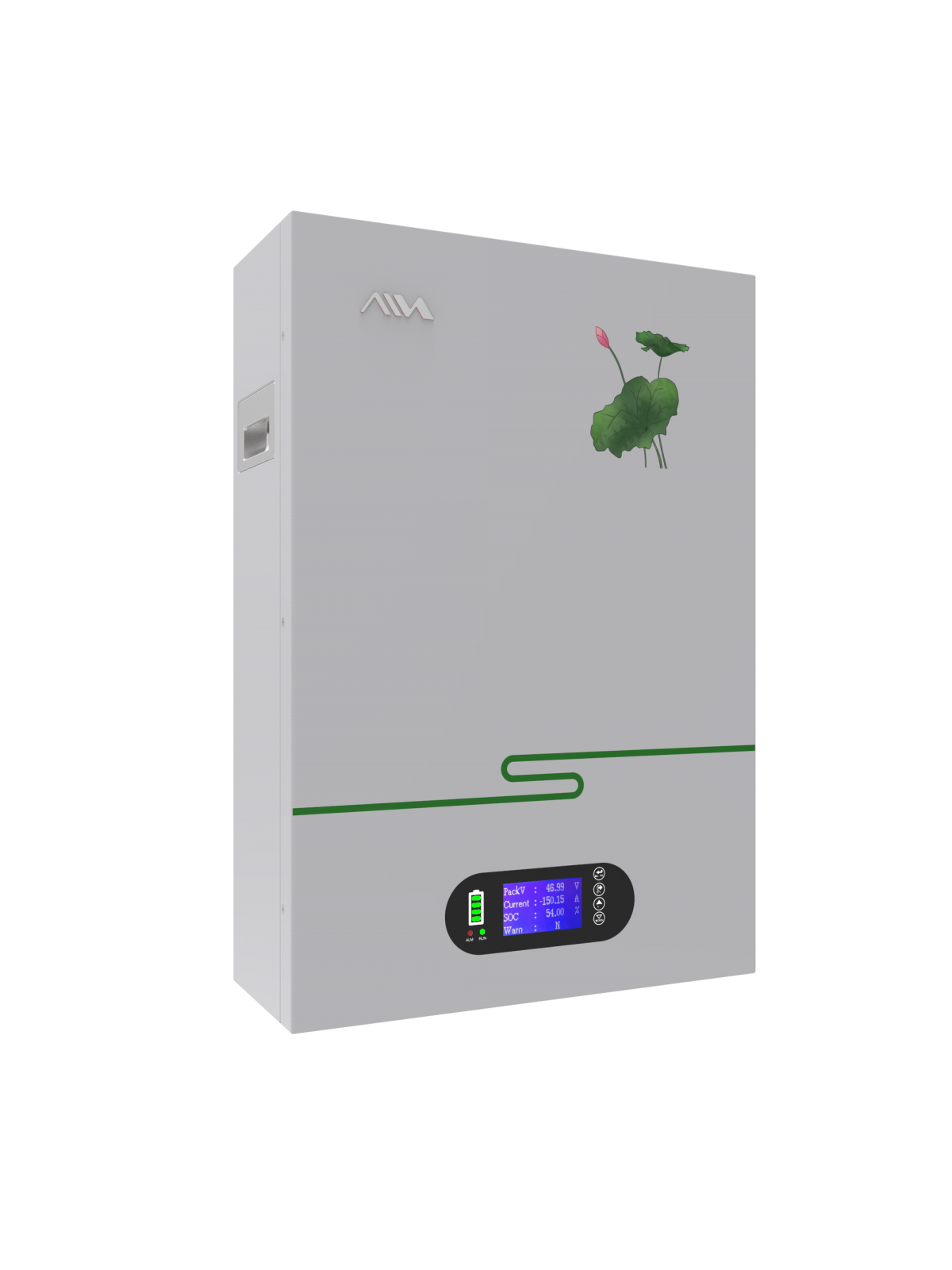- 24
- Feb
New Technologies in Lithium Batteries
One of the difficulties with recycling is that the cost of the material itself is low, and the recycling process is not cheap. A new technology hopes to boost the recycling of lithium batteries by further reducing costs and using eco-friendly ingredients.

A new treatment technique can return used cathode material to its original state, further reducing recycling costs. Developed by nanoengineers at the University of California, San Diego, the technology is more environmentally friendly than methods currently used. It uses greener raw materials, reduces energy consumption by 80 to 90 percent, and reduces greenhouse gas emissions by 75 percent.
The researchers detail their work in a paper published Nov. 12 in Joule.
This technique is especially ideal for cathodes made of lithium iron phosphate (LFP). LFP cathode batteries are cheaper than other lithium batteries because they do not use precious metals like cobalt or nickel. LFP batteries are also more durable and safer. They are widely used in power tools, electric buses and power grids. The Tesla Model 3 also uses LFP batteries.
“Considering these advantages, LFP batteries will have a competitive advantage over other lithium batteries on the market,” said Zheng Chen, a professor of nanoengineering at the University of California, San Diego.
Is there any problem? “It’s not cost-effective to recycle these batteries.” “It faces the same dilemma as plastics — the material itself is cheap, but the way to recycle it is not cheap,” Chen said.
New recycling technologies developed by Chen and his team could reduce these costs. The technology works at low temperatures (60 to 80 degrees Celsius) and ambient pressure, so it consumes less electricity than other methods. Plus, the chemicals it uses, like lithium, nitrogen, water, and citric acid, are cheap and mild.
“The entire recycling process is carried out under very safe conditions, so we don’t need any special safety measures or special equipment,” said Pan Xu, the study’s lead author and a postdoctoral researcher in Chen’s lab. That’s why our battery recycling costs are low. ”
First, the researchers recycled LFP batteries until they lost half of their storage capacity. They then disassembled the battery, collected its cathode powder, and soaked it in a solution of lithium salts and citric acid. Next, they washed the solution with water and allowed the powder to dry before heating it.
The researchers used the powder to make new cathodes, which have been tested in Button cells and pouch cells. Its electrochemical performance, chemical composition and structure are completely restored to the original state.
As the battery continues to be recycled, the cathode undergoes two important structural changes that reduce its performance. The first is the loss of lithium ions, which form voids in the cathode structure. Second, another structural change occurred when the iron and lithium ions in the crystal structure exchanged places. Once that happens, the ions can’t easily switch back, so the lithium ions get stuck and can’t cycle through the battery.
The treatment method proposed in this study firstly replenishes lithium ions, so that iron ions and lithium ions can be easily switched back to their original positions, thereby restoring the cathode structure. The second step is to use citric acid, which acts as a reducing agent to donate electrons to another substance. It transfers electrons to the iron ions, reducing their positive charge. This minimizes electron repulsion and prevents the iron ions from returning to their original positions in the crystal structure, while releasing lithium ions back into the cycle.
While the overall energy consumption of the recycling process is low, the researchers say further research is needed on the logistics of collecting, transporting and disposing of large quantities of batteries.
“The next challenge is to figure out how to optimize these logistical processes.” “This will bring our recycling technology one step closer to industrial application,” Chen said.
